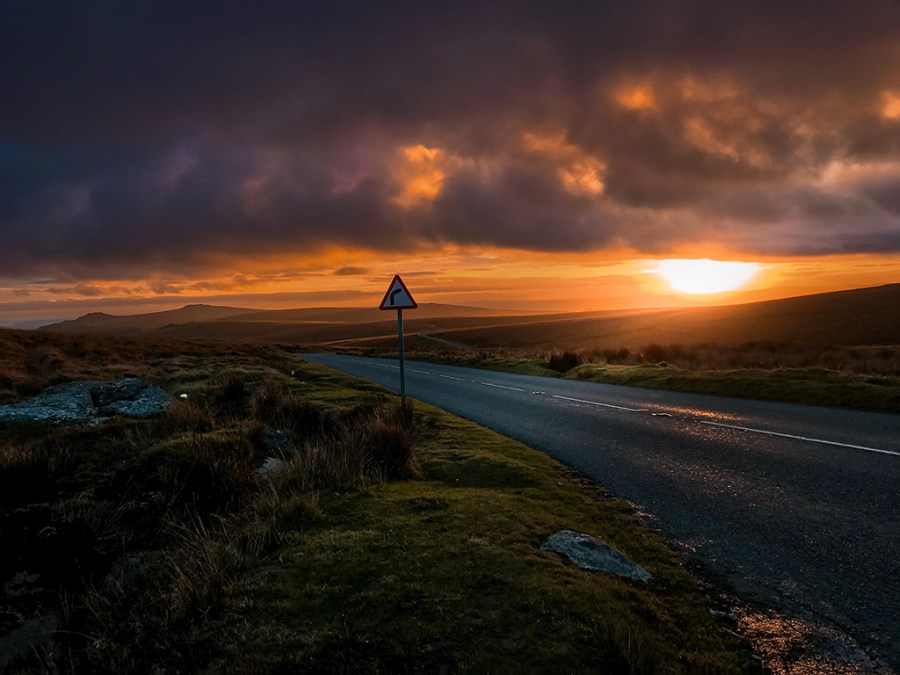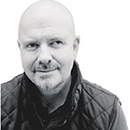Today is World Mental Healthy day so we reveal how photography can help if you are facing a full-blown mental health crisis, or having to deal with the psychological impact of a serious health condition, such as ME, Long Covid, chronic back pain or depression.
If anyone was still in doubt about the healing power of photography, these case studies should settle the question. Ten or 15 years ago, the subject of mental health and photography was rarely discussed.
Yes, you had Don McCullin and other traumatised photojournalists talking frankly about the therapeutic benefits of swapping images of war and chaos for those of rolling countryside, but when it came to mainstream photography, it simply wasn’t discussed that much.
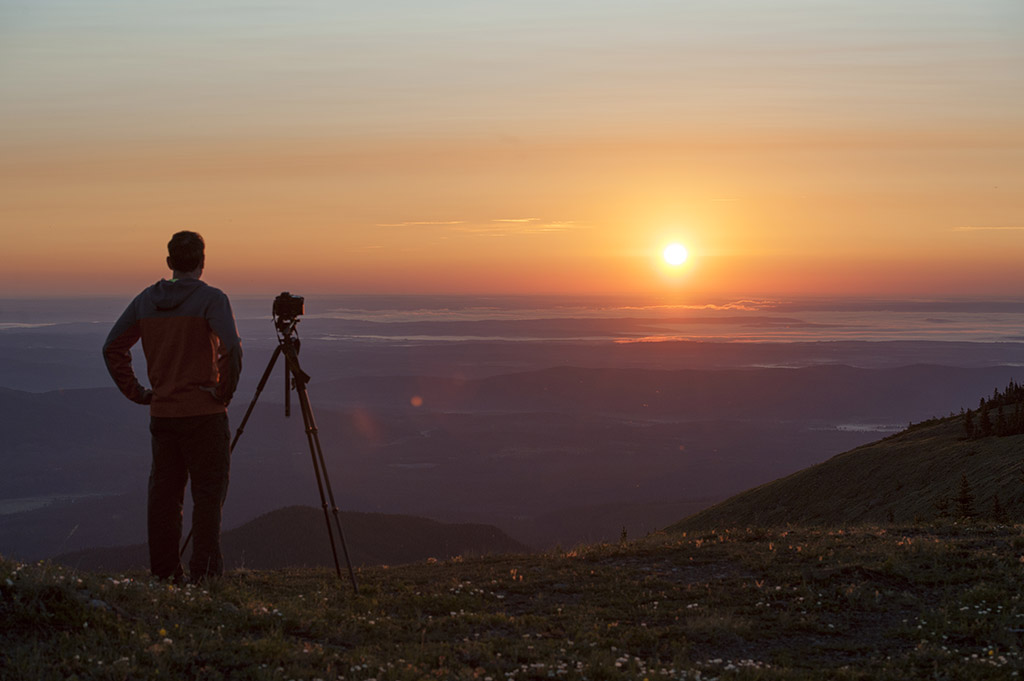
The fact that more and more people are happy to discuss how photography has helped them with their struggles reflects a wider recognition of the importance of talking about mental health in our society, and this is surely to be welcomed.
Much of the stigma around the subject has gone, and rightly so. Our case studies here are certainly not the last word on the subject, however, so do keep sharing your personal experiences of the many benefits of photography on our social media pages. You can also keep sending your stories in to [email protected].
Dominic’s story – Can photography help with depression?
This former interior designer, DJ and photo competition ‘name’ shares his experiences
Dominic Beaven is an accomplished ‘all-rounder’ with a particular knack for portraiture and architecture – indeed, his images regularly score highly in our annual International Amateur Photographer of the Year contest, and he was a finalist in the British Photography Awards 2020. Yet he’s faced, and continues to face, a range of physical and mental health challenges – anxiety, depression and chronic back problems, for example. Fortunately, photography is a big help.
‘It goes back to my childhood,’ Dominic explains. ‘I loved art and studied it at college, and when I used to draw I’d be in my own little world.’
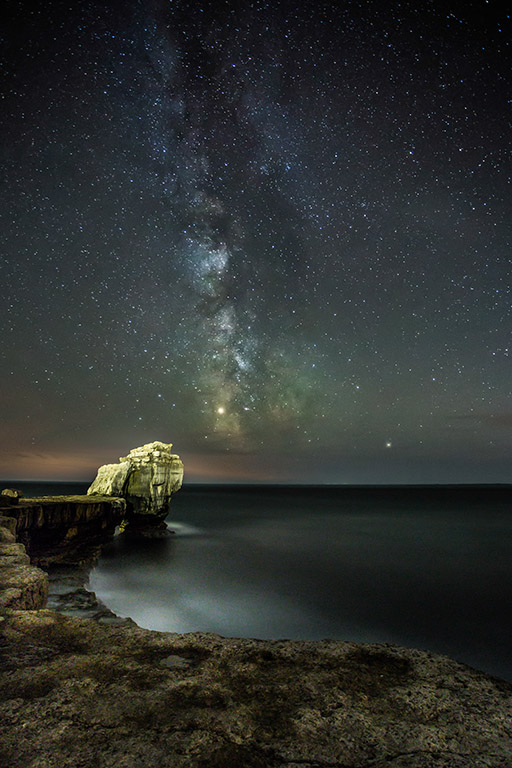
Splendid isolation
‘At first I did sports photography, then the northern lights etc, and it was just a hobby. Then I realised I could totally lose myself in what I was photographing – I’d be up early doing macro for example, totally on my own and losing myself in the moment.
It’s the same with landscape and cityscapes – I like being on my own and totally escaping everything else. Focusing on the moment helps me relax and this carries on into the editing stage, sitting in front of the computer.
Whatever genre I am trying, and I try a lot, I escape into the image totally.’ Despite describing himself as an introvert, Dominic still takes great people shots, particularly of models. ‘Even me saying I am an introvert sounds crazy, as I was a club DJ for 15 years!
But even then I was in my own little world. As for working with models, it helps massively to pay for a good model who knows what they are doing. That makes life a lot easier as you don’t have to micro-manage. I am very relaxed, we get the music on… again I get lost in the moment.’
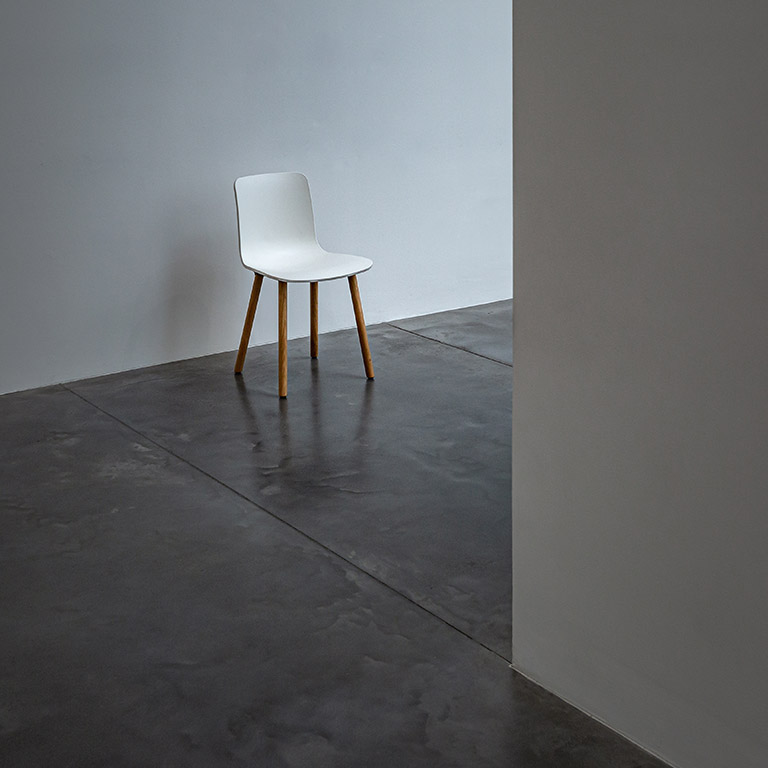
Far from the crowds
Working in more crowded environments remains a challenge, however. ‘I go to UK Shooters events for example and there can be up to 30 photographers crowding around one model – though they normally have at least eight models.’ For the future, Dominic hopes to specialise more in fine art photography. ‘My advice to anyone facing mental health challenges is to enjoy yourself, don’t be too hard on yourself and find the genres you feel the most comfortable with.’
For more of Dominic’s work, see dominicbeaven.com
Deborah’s story
While this West Country photographer finds solace in nature, she also loves the order and control of studio work
Deborah Richards is another talented all-rounder who is as happy taking surreal landscapes or portraits as she is capturing finely detailed night scenes – indeed her stunning image of the moon behind Glastonbury Tor, taken four miles from the famous monument, graced The Times last year.
‘I’ve been a photographer since the early ’80s but hadn’t realised its therapeutic benefits until 2017, when I suffered an emotional crash which left me feeling alone and lost,’ Deborah explains. ‘I needed a reason to leave the house so I started wandering around with my Fujifilm X-T2. The more I focused on other things, the more I externalised my feelings rather than internalising them. This formed a bridge between my dissociative patterns and the world around me.’
Solace of the studio
While portraits had been Deborah’s first love in photography, when she returned to taking photos she was more guided by how she was feeling. ‘Some of my first images were of prisons and graveyards… deep, dark and poignant places. Recently I deleted a lot of these early images because they were reflections of the very dark place I was in.’
These days, Deborah finds that while she still suffers from feelings of detachment from the outside world and a fear of losing control, setting up a home studio has been very therapeutic. ‘It’s nice to be able to control what I am doing and how I am interacting with anybody or anything else. The studio lighting is such a complex area, you can make it as difficult or as simple as you want… you’re in control and there is so much you can do. It’s interesting and gives you something else to focus on. My studio is my retreat, an escape but also a therapeutic area. My models feel this when they go in.
Letting go of fears of failure has helped Deborah too. ‘You will miss shots and mess up, even in a very controlled studio situation, but you learn from your mistakes. You learn to accept disappointment and this is also good for your mental health – you know next time you’ll do better.’
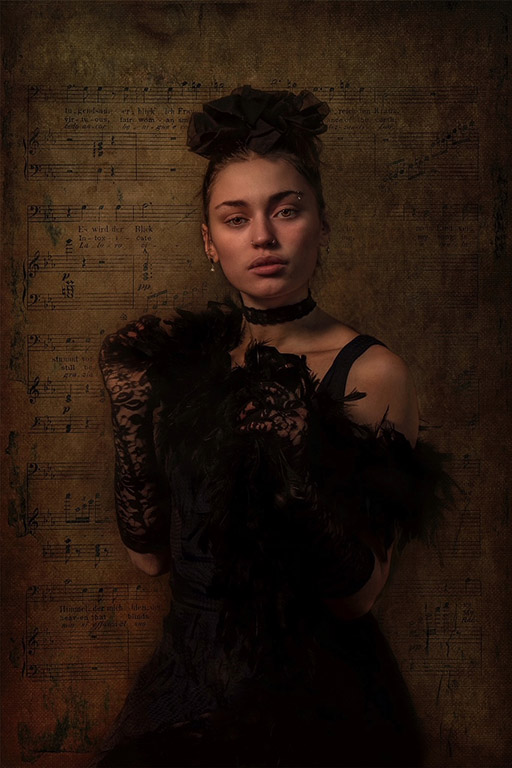
Be realistic about social media
Despite acknowledging the usefulnesss of social media for photographers, Deborah cautions against relying on it, or investing too much emotional energy. ‘Social media has its uses, but the artficiality of online apps and filters being used to edit portraits and other images beyond recognition, along with some of the trolling, clique-iness and back-biting, can soon bring you down and outweigh the positive mental health benefits that photography brings.
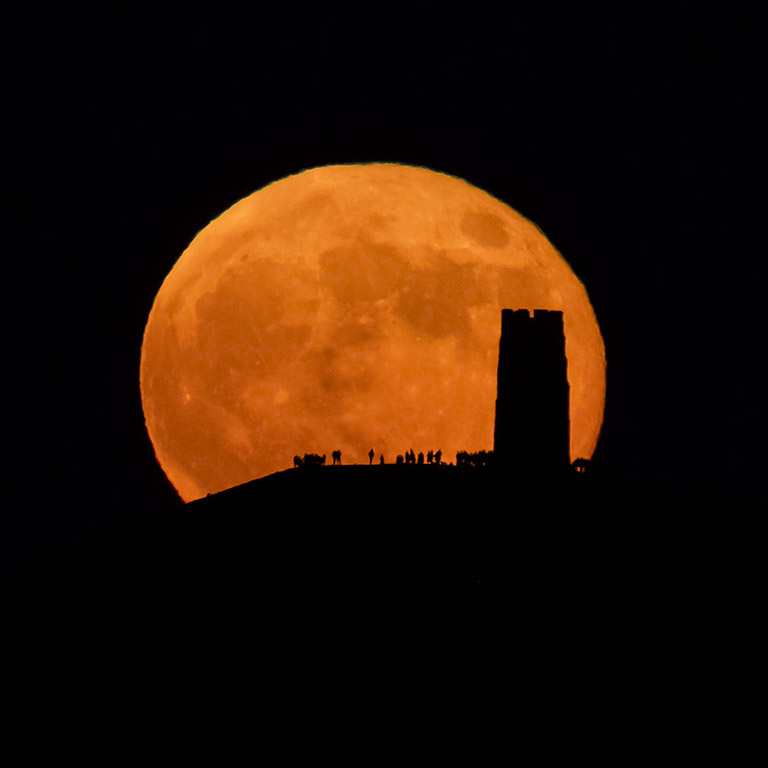
‘I never compare my work to other images, or copy or compete against other photographers. This is my mindful, authentic approach, and it maintains my usefulness. I don’t wish to fight for attention on social media and trust the right attention will happen in a synchronistic way.’ Returning to her work, Deborah also cites the therapeutic effect of her image of Glastonbury Tor, above. ‘It was a mathematical process to line everything up and I shot from several miles away… lots of precision and planning.
The exhilaration as the moon appeared and rolled up the hill, along with the realisation that I’d positioned myself correctly to the nearest metre, gave me a huge sense of achievement. But again, I also enjoy learning from mistakes that I make during photography, and this mindset helps in other parts of my life, too.’
For more of Deborah’s work, see www.artofeloquence.co.uk
Angi’s story
Angi Wallace, another regular competition winner, finds that image-making is a big help when it comes to coping with ME
It’s not ‘just’ anxiety, depression and other common mental health disorders that can present serious psychological challenges for the photographer – the fallout from physical ailments can take a heavy toll too. Angi Wallace, a successful close-up and macro specialist based in the North East, suffers from ME, more commonly known as chronic fatigue syndrome.
‘I’ve had ME for over 15 years and it affects me in a range of ways causing very low energy, fatigue, brain fog, cognitive dysfunction and much more,’ Angi explains. ‘I had to give up a fantastic career as a specialist rheumatology nurse and hobbies such as cycling, mountain climbing and gardening. So I took up photography from home and was able to adapt.’
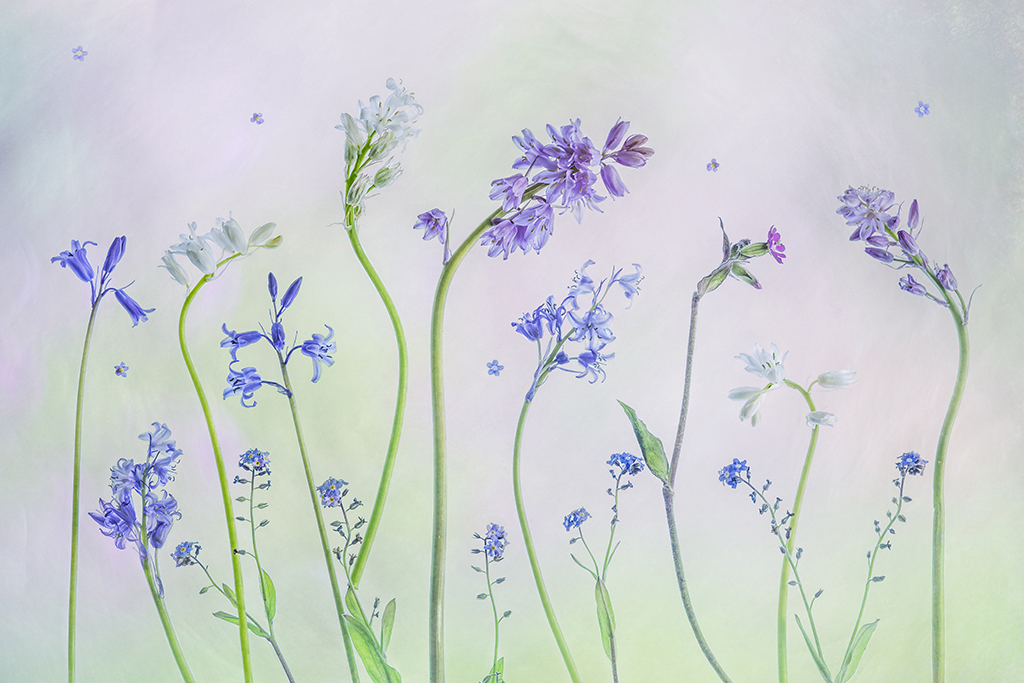
Angi describes photography as her silver lining in the dark cloud of long-term illness and now disability, as she can no longer walk independently further than a few metres.
‘Over the years I have managed to learn by practice and by attending camera clubs, reading, watching videos etc. Most of my work is done sat at our dining table, where I have set up everything I could need for close-up, macro and still-life photography.’
Despite her limitations, Angi has been named photographer of the year by the National Photographic Society for the past two years, while also wining plaudits from International Garden Photographer of the Year and the SWPP – as she notes with justified pride, ‘Not bad for someone who can often barely even shower!’
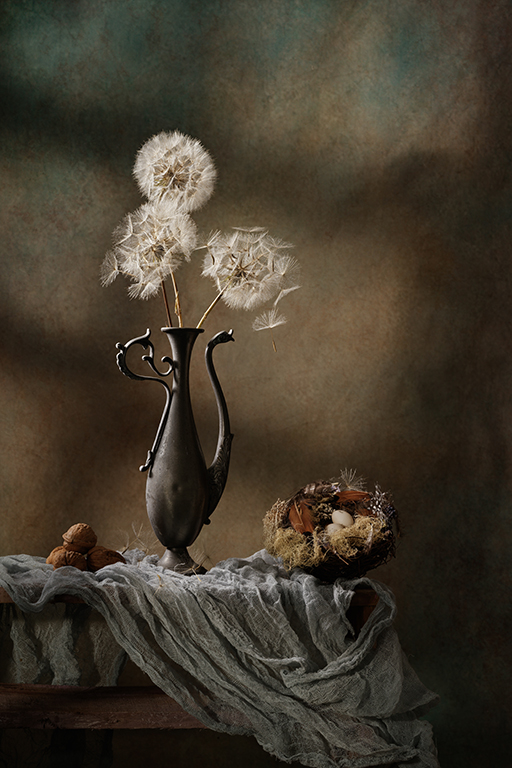
Focusing challenges
Considering that ME symptoms can include brain fog and difficulty with concentration, we wondered how Angi could always muster the mental energy and focus required for her exquisite work? ‘It is a challenge, to be honest. On the rare times I go and do a landscape, my brain can’t always work through what I need to do to get the shot, even though I know the process.
But it’s better to be doing it and trying it than not doing it. If I am doing the same sorts of things most of the time, as with macro photography, my camera is set up for this already.’
For Angi, photography also helps to combat any feelings that she is less ‘valuable’ to society. ‘I was career-driven before getting ME and I now put this drive into my images.
Doing photography is my way of being productive.’ It’s great to see that Angi hasn’t lost her sense of humour, either. ‘I do well in competitions as I have been doing it for a while and have a sense of what will stand out, but I don’t think I have quite developed a thick-enough skin yet. Some judges can be idiots!’
For more of Angi’s work see angiwallacephotography.com
Emily-May’s story
Facing the challenges of Long Covid, Emily-May explains how photography has become such a fantastic support
‘I’d been going through a hard time with anxiety and depression when on top of that, I contracted Covid,’ says Emily-May Stephenson. ‘I thought it’d be like a bad cold, it’d make me ill for a bit and then it would disappear again as quickly as it appeared in the first place. Unfortunately, it did not. After Covid itself went away, I was left with Long Covid, which I found worse than the virus.’ As an otherwise physically healthy young person, it was horrible for Emily-May to suddenly go from being so active to hardly being able to get out of the house.
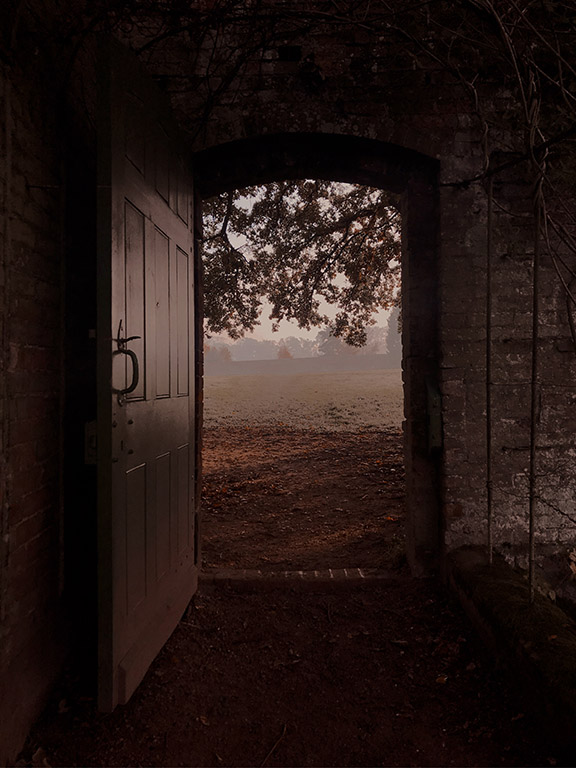
My mental health suffered even more and I was so fed up, but fortunately, photography has always been a part of my life. My first camera was given to me when I was a toddler – it was a lovely shade of hot pink, complete with mini games and fun filters. Coming much more up to date, my Canon EOS 90D and 18-135mm lens helped me no end during my recovery and continues to do so.
On days when I can only walk as far as the garden, it gives me so much joy to photograph the nature on my doorstep. On days when I can go a bit further, capturing the beauty around me makes me so happy and on days when I just want to stay in bed, I love to edit to my heart’s content. It’s become my number one hobby and I hope one day it can become my full-time job.’
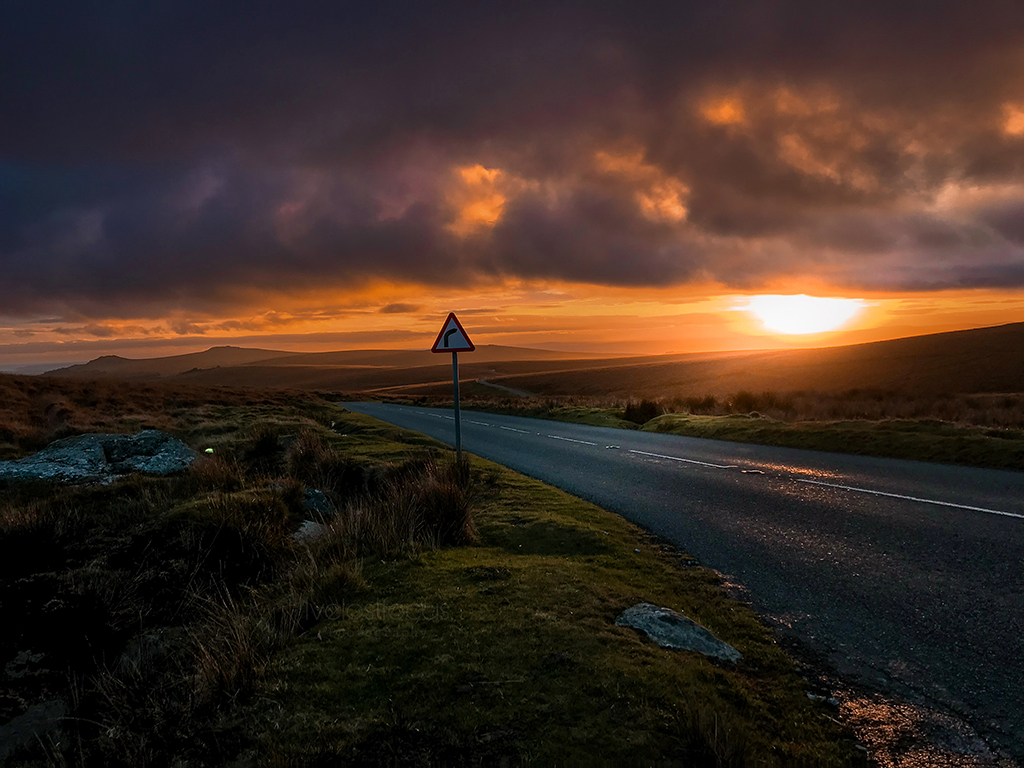
Facing the future with hope
Despite the physical and mental challenges she is facing being hit by a virus that scientists still don’t fully understand, Emily-May considers herself ‘truly blessed.’ ‘Having something I enjoy so much to focus on even when I don’t feel like myself has helped me no end and I can’t wait to see what the future holds.’
For more of Emily-May’s work, see her Instagram account @ivelostfocus
Wendy’s story
Wendy Kreger-Hildebrand from Canada discusses how photography has also helped her to deal with the ongoing effects of Covid, as well as wider mental health issues
‘I am from Canada and have been taking photos since I was around 12,’ says Wendy. ‘I have dealt with a lot of mental health issues in the past few years owing to Covid. I am what’s called an Acute Health Care Aid and work in a small community hospital. Taking photos after a long and stressful shift was a very therapeutic process for me. After a night shift, I was privileged to see the sunrise.
I would always bring my camera with me and capture some of the most beautiful moments. I also would have the opportunity to take pictures of some of my patients and their families as they communicated with each other through the windows. Taking these photos for the families made me feel as though I was capturing a special moment for them and that at any time, this could be their last photograph.
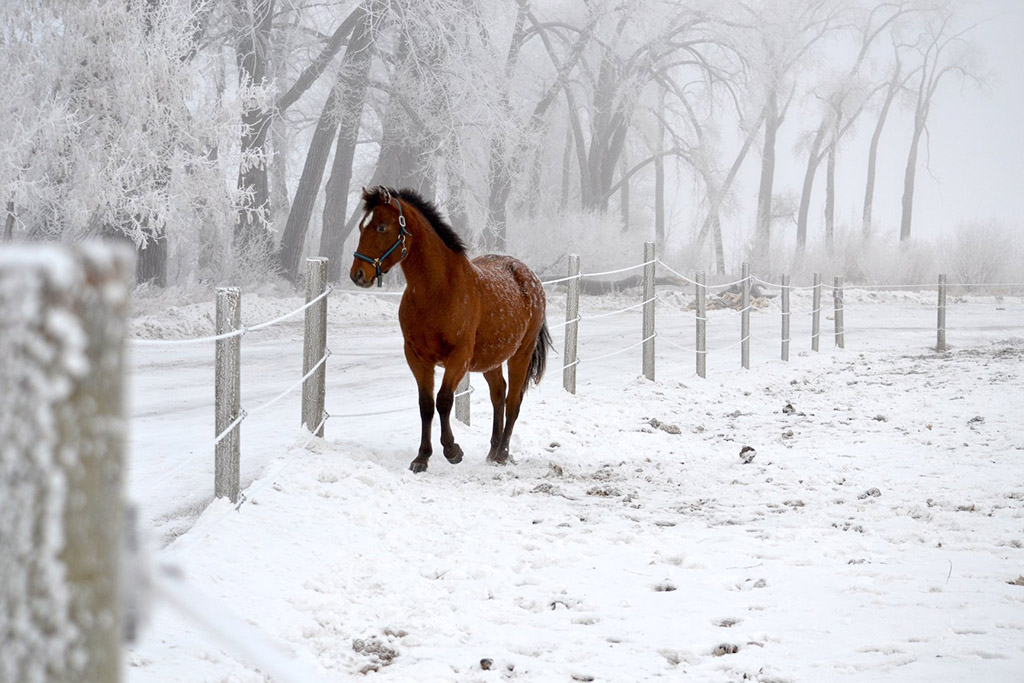
‘Working in health care during Covid has been extremely stressful and I was very grateful for my photography and what it brought to my heart. I have dealt with anxiety and depression for a few years now and I use my camera as a tool to go out into the world. I guess you can say I hide behind my camera… During Covid I have become a total introvert and if it was not for my love of photography, I would never be able to interact with the world. It gives me the strength to venture out, as well as to communicate with other people.’
For more of Wendy’s work, see twitter.com/wendylouwhokh
Mary’s story
Working on long-exposure coastal shots has helped Mary Maynard deal with bereavement
‘I have found that the practice of long-exposure photography has helped with the loss of my father a few years ago,’ Mary explains. ‘I started to go out to the coast for dawn shots on the south-west coast near where I live, and really found this to be very therapeutic. It’s all to do with the slow rigour of the genre; the composition, the focusing, the selection of filters followed by the waiting. And then there is the surprise when you look at the results. Have your efforts achieved the results you wanted?
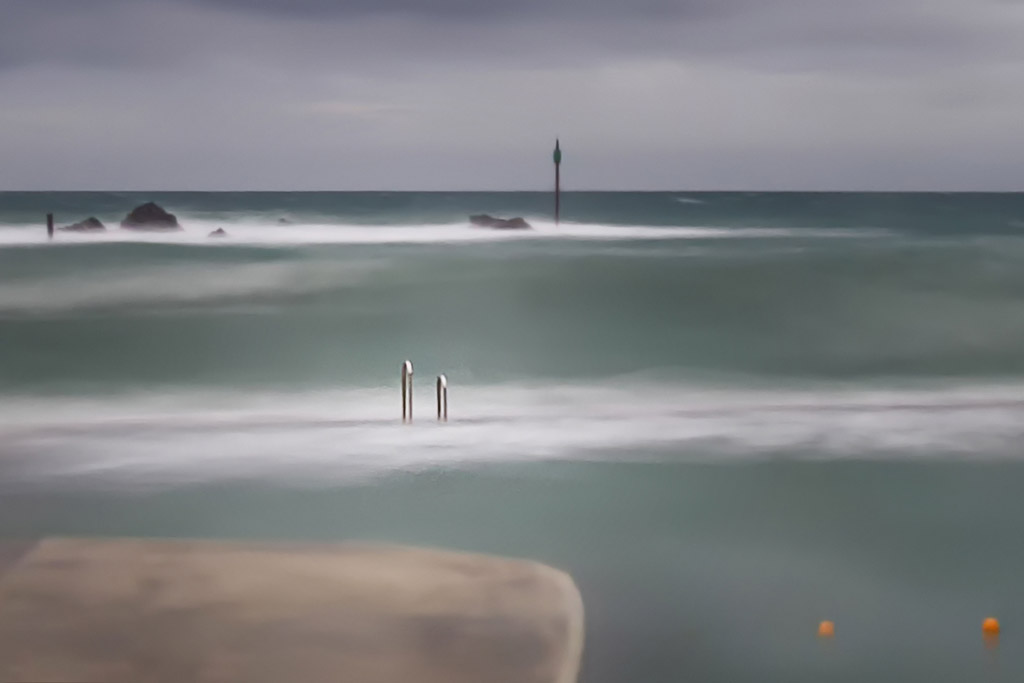
‘Also, making the photograph at dawn is so uplifting. You get to watch the dawn coast birds fly to their feeding grounds, the pink and blue west coast dawn effects. And all the time it’s calm and the light is getting stronger. Even with the most unpromising of weathers, there is usually a brief time when there will be a shaft of light or a superb effect on the water. Mary adds, ‘At first, I didn’t realise why I was doing this, but after a while I realised that it was having calming effect and leading to a thankfulness and an optimism.’
For more of Mary’s work see www.marymaynardphotography.co.uk
Fobo’s story
Photography really helps highly creative photographer Fobo Bugler when the black dog comes calling
I have always suffered from a genuine and paralysing fear of heights and have learnt two things – that I always will be, and that the camera can be a wonderful escape from reality. With regards to my repeated bouts of severe depression and anxiety, photography (and art, singing and sleeping) has regularly come to my rescue in a similar way. I am diagnosed with clinical depression. When photographing, I usually have a deep desire to be on my own. Whether walking in some Dorset woodlands or travelling abroad, I prefer to focus solely on what I see through the lens.
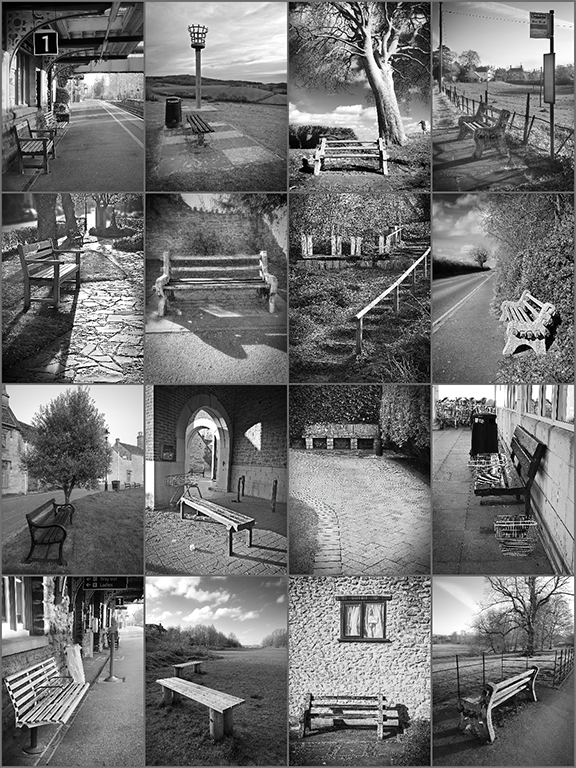
But when the depression hits, I shut down completely. Luckily, the artistic side of life helps to rebalance me when I am coming out if it. It’s my therapy. Not only does the camera act as a physical barrier between me and the world I might be struggling to face, I also enjoy getting lost and engrossed in the creative editing back home too. When I let myself go on the digital manipulation side of things, I create some interesting one-offs.
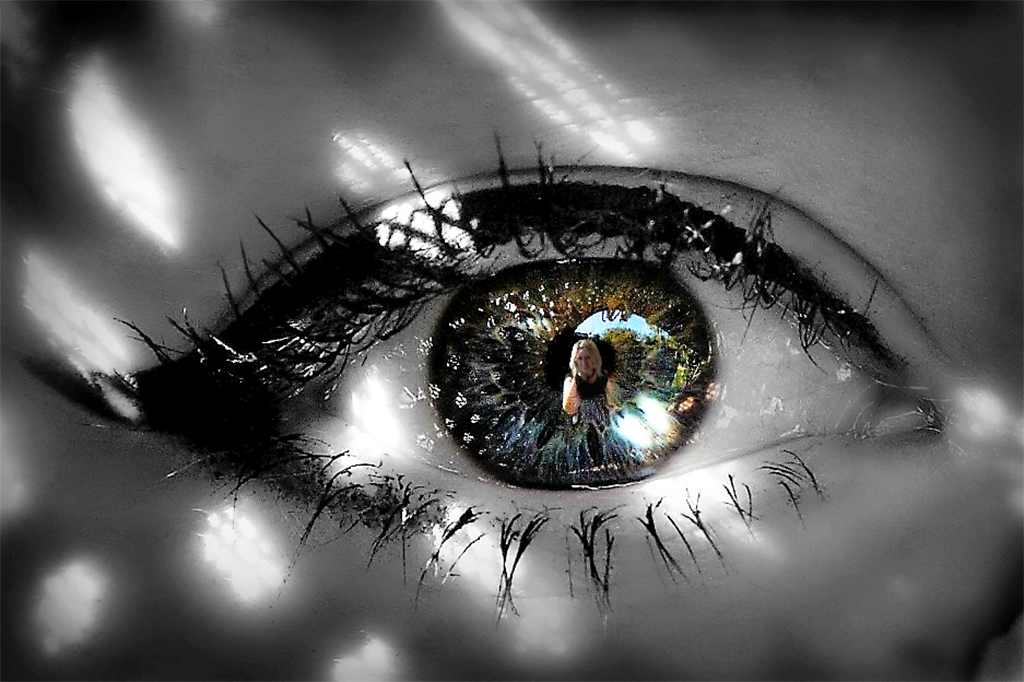
As a photographer I have dabbled with wedding, new-born and pet photography, along with the more traditional landscapes. However, I tend to prefer a more story telling or creative style of photography. I particularly enjoy reportage, travel, festival and street photography. But what I favour above all are constructing and manipulating images using ICM (intentional camera movement), digital painting and overlaid photos. I tend to create either minimalist, abstract, detail or crazy busy photographic art.
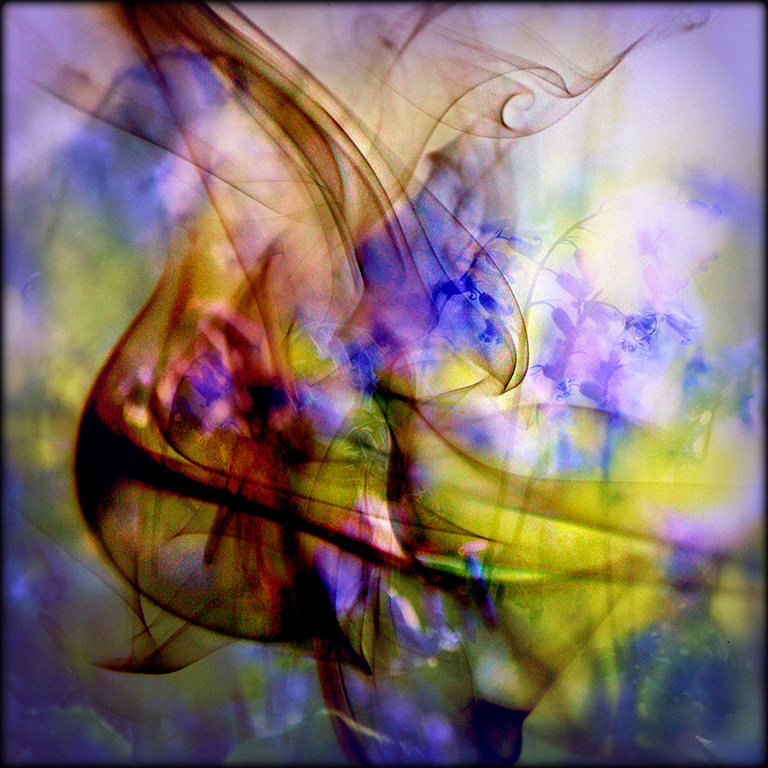
I am so thankful that photography has come to my rescue time and time again. And I am so lucky that I have a creative outlet. I urge anyone who struggles with their mental health in any way, to find something creative (and/or physical) to shift their focus towards.
For more of Fobo’s work see www.artfotography.co.uk
Michelle’s story
This accomplished and widely published landscape photographer finds year-round dawn starts very therapeutic
Despite only starting to learn photography in 2018, Michelle Cowbourne has established herself as a successful landscape photographer. Her images regularly appear in the national press.
“It’s the focus on composition and all the settings, plus being on your own in beautiful places generally, that helps me deal with the stresses of work and family life,” says Michelle, who has developed a rewarding niche shooting sunrises and the general weather around Glastonbury Tor.
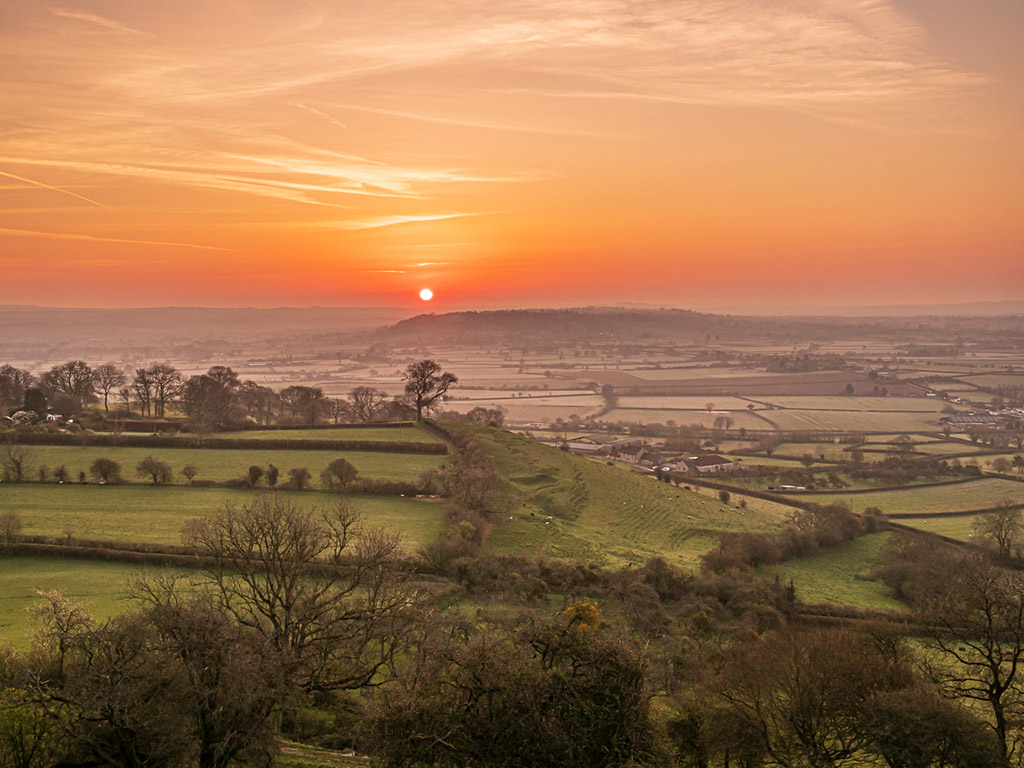
“I can get very stressed and if I look out in the morning and the colour is forming or mist there I rush out and work is forgotten for an hour or so – and that feeling stays all day.”
For more of Michelle’s work, see www.visionsofsomerset.co.uk
Additional reading:
Portraits of Mental Health Struggles
Portrait Photography can help your mental health
Looking at photos boosts your mental health
First shared in February 2022

